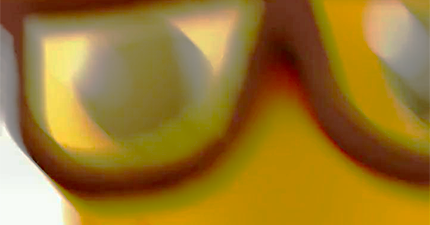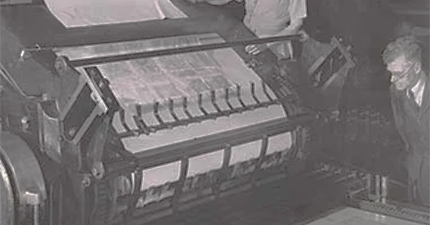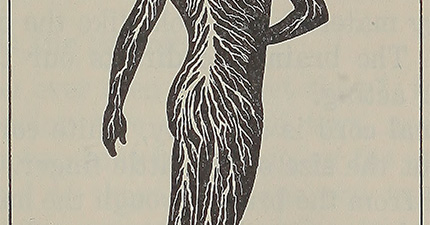The memory of astrology is not linear but associative, meaning that astrologers are used to treating symbols ahistorically. This way of dealing with time is closer to how people actually experience time. We tend to experience time as a thing that is collaged together, mismatched, with parts that are incomprehensible to other parts. We live shoulder to shoulder with members of the Silent Generation, who remember and respond to a world that none of us who are not Silent Generation members will ever remember, as well as members of Gen Z, who also remember and respond to a world that none of us who are not Zoomers will ever remember.
When astrologers compare two charts together, whether they compare the chart of a person with the current time or two people who were born at different places and times together, we are doing the work of understanding how time collages itself and, with it, giving clarity to the sometimes confused collaging of memory. When we speak these comparisons of time with the present or time with other times into a story with a client, we are creating an experience of time.
Astrology is storytelling but astrologers do not work with fictional characters that live in the interiority of their own minds. Astrologers get to work on storytelling in collaboration with living people on the task of narrating their memories and their foresight. Astrologers do not work under the assumption that fantasy is contained by interiority but shares the permission to shape the fantasy of reality with consent. At the moment of the chart reading, the astrologer shares with the client the same delusion that the writer shares with their readers—that the story being told has the power to change reality.
Slavoj Zizek writes that fantasy is not what we think but what we live inside of. Capitalism, as fascism, are not realities but ideologies. He writes that the only cure for ideology is more ideology—stories change reality because reality is empty. It is only a story. The realism of a quantum physicist (reality is particle-waves), the realism of a neoliberalist (the market is the only reality), and the realism of a child (reality is what adults seem to believe in) are all aesthetics that are administered rather than universal laws.
George Orwell said that good books only confirm what people already believe. Ursula le Guin, maybe talking back, argued that language exists because we cannot accept the world as it is.
Astrology is a language. Why do people look to astrology? It’s not because we want to confirm our realities, though it might be related to that. It is because we want to create our realities and, with it, ourselves.
Never let an astrologer tell you who you are. Talk back to us if we do. It’s merely an accidental part of the way our brains can sometimes work when we learn astrology—we learn edified versions of astrological practice when we learn archetypes and we are not always told that the purpose of these archetypes is not to answer questions but to poke holes into the assumptions of realism. A good astrologer doesn’t answer questions such as “who am I?” but only opens you up to questions that neither astrologer nor client has asked before. A good astrologer does not seek to edify you. A good astrologer does not assume to understand you or to design tidbits of archetypal theory that seem to make sense to their targeted demographic. A good astrologer learns about life with you, impressed by you, and with the certainty that the entirety of you have not been revealed just yet.
Astrology is time magic. Storytelling is time magic. The only stories that are worthy of your suspension of belief are the stories that you share authorship over with the people who also create new worlds with you.
1 of 188
>>>


